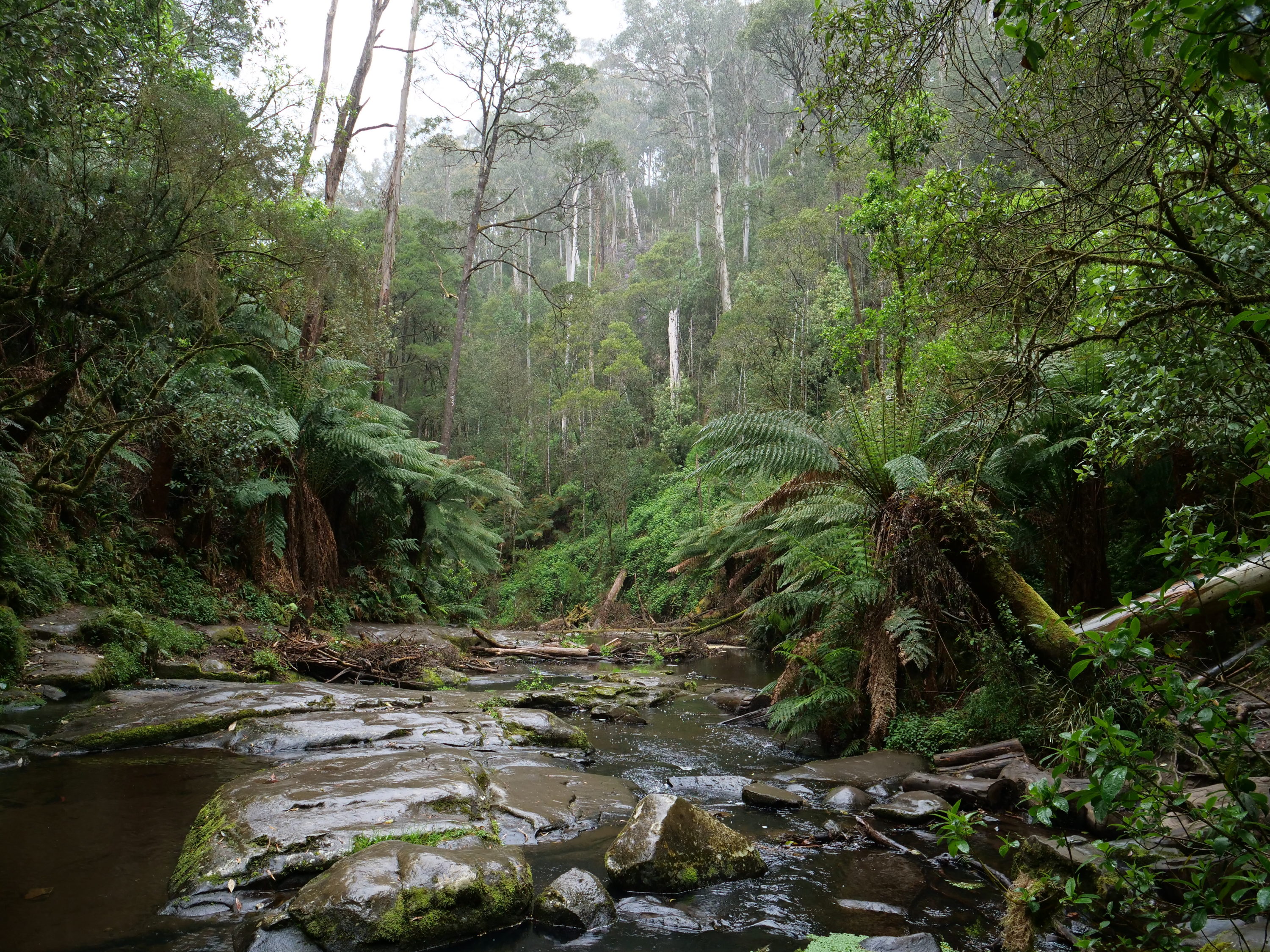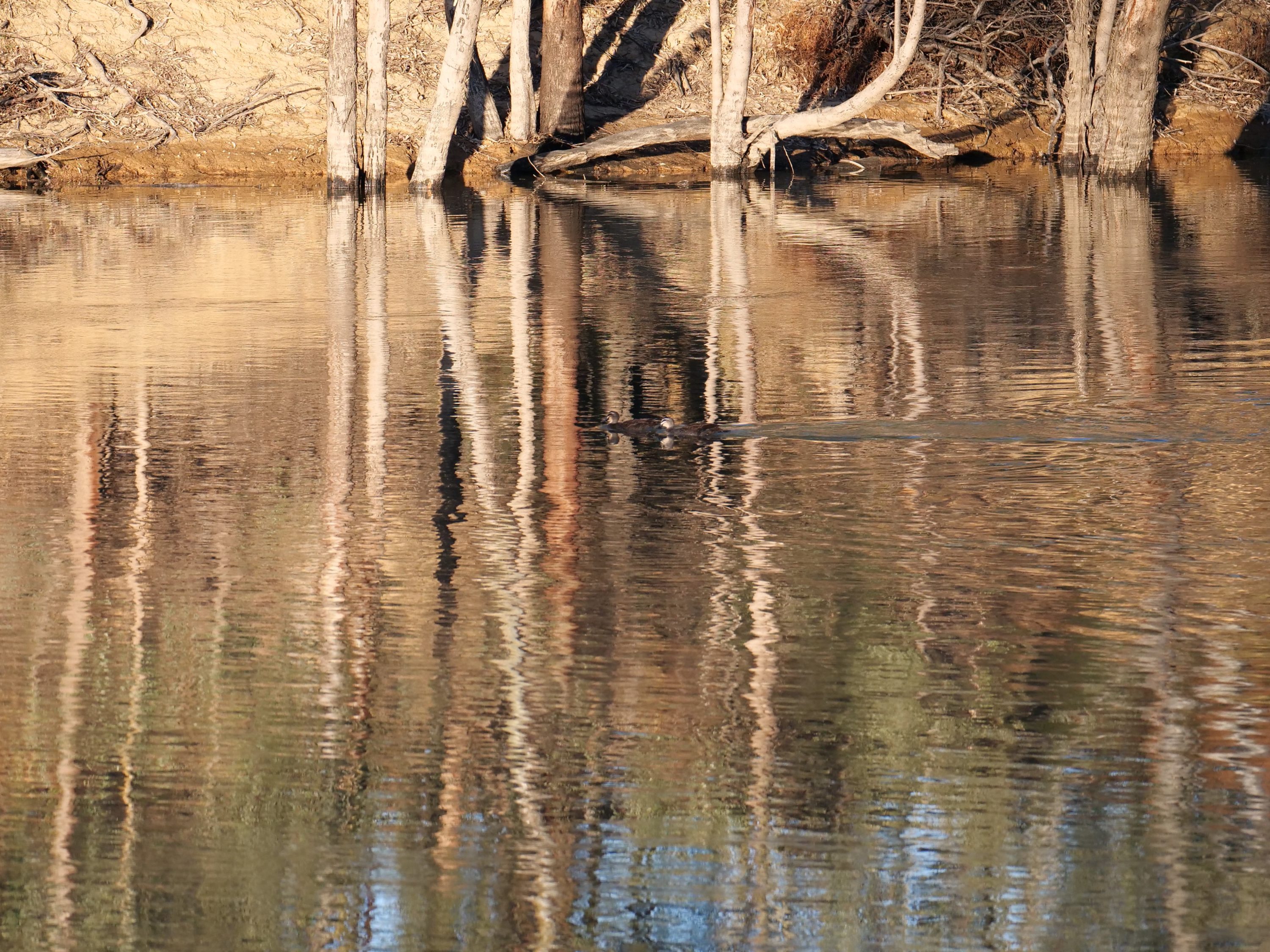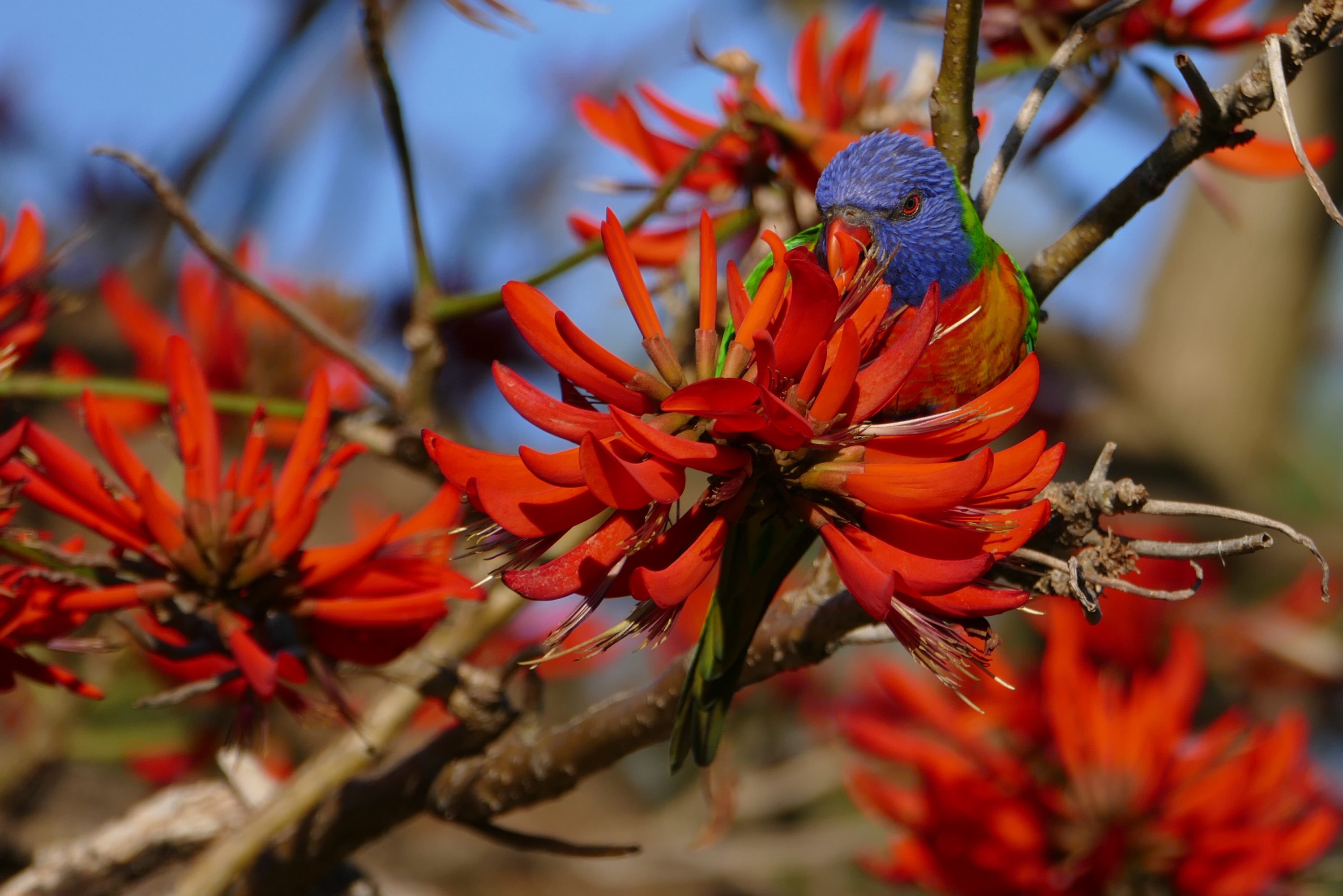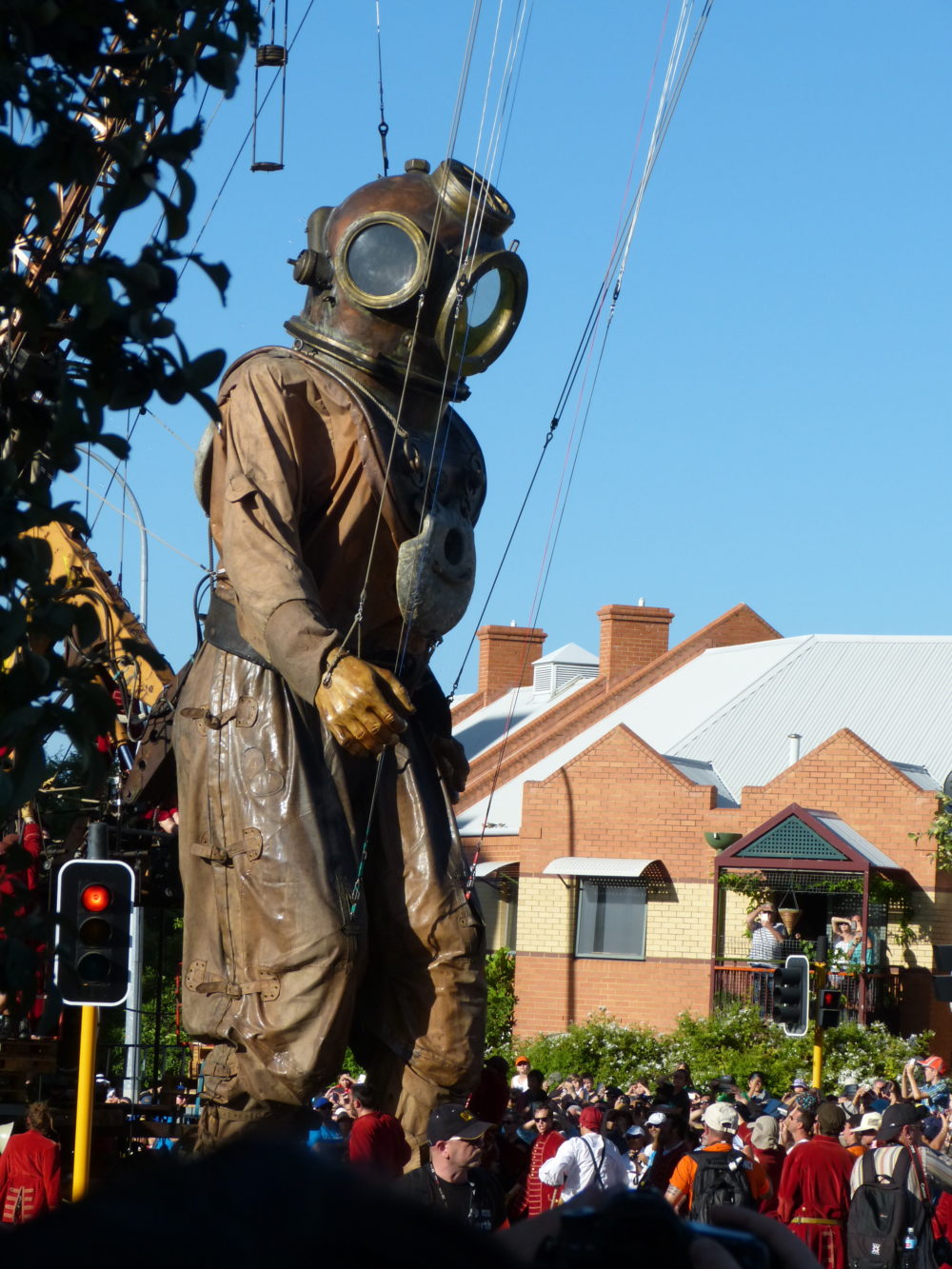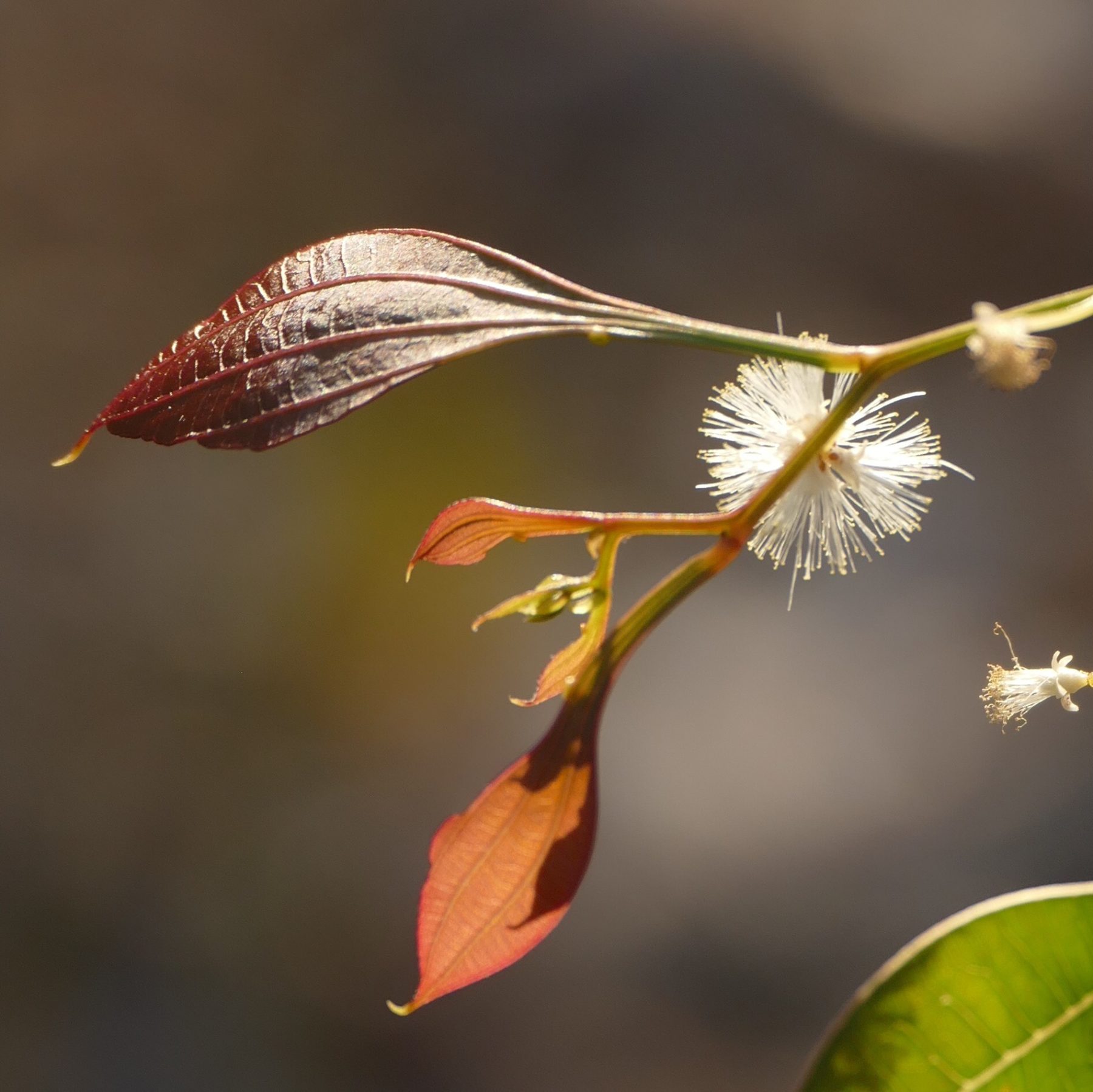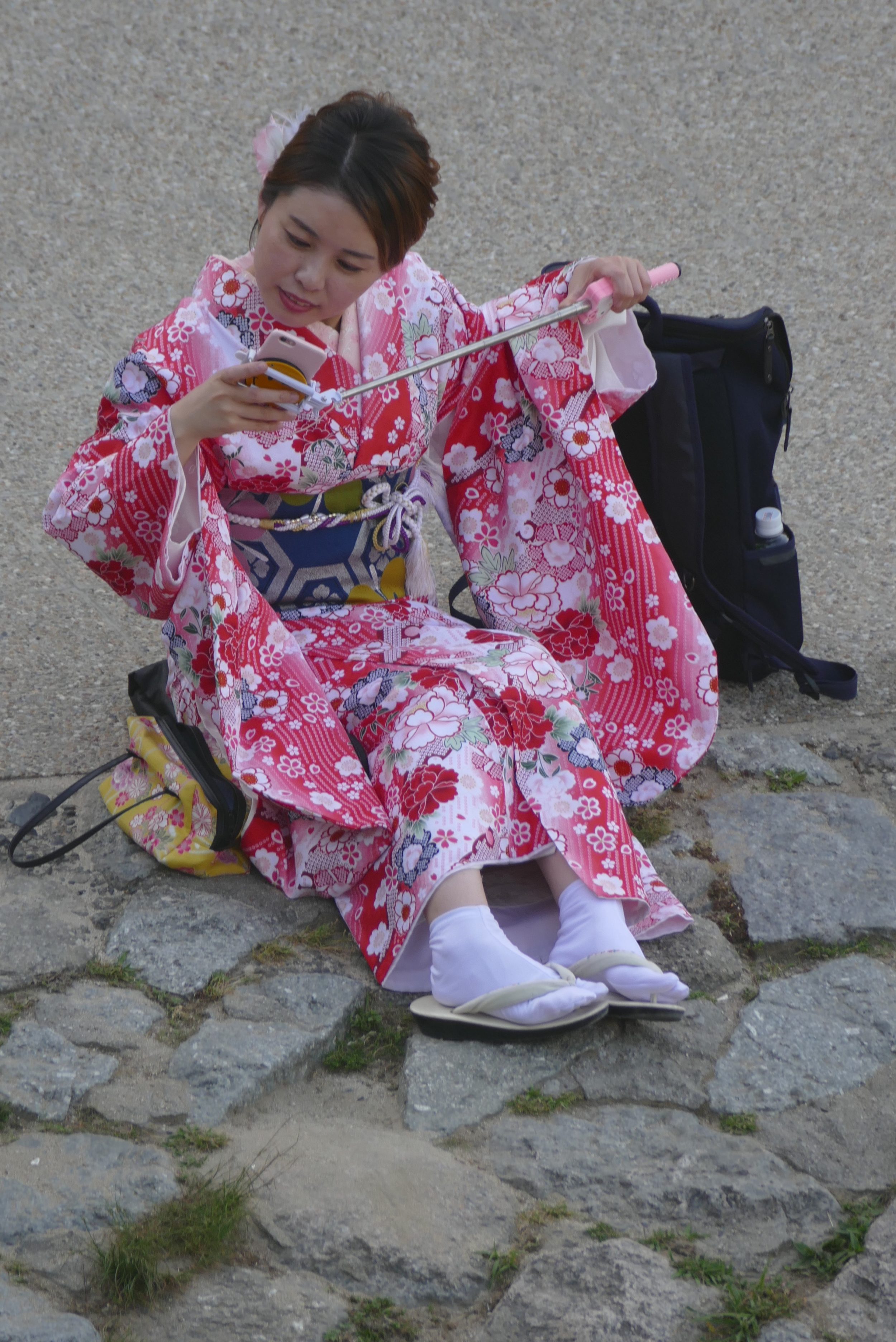What will happen is the system will crash faster than we realise. Yes, it will reassemble and there will be forests, but they won’t look anything like what we have now. We are going to see this transformation before our eyes…
Comments closedCategory: opinions and journalism
Arguably – metaphorically – when it is Australia’s Murray-Darling, as recently described:
the canary, and the coalmine, for the world when it comes to water stress.
Comments closedAccording to an alarming recent article in the Australian edition of The Guardian, Australia is “losing the fight” against invasive species.
It quotes scientists who claim that the “invaders” pose a greater threat to Australia’s native species than does climate change.
(so, you may ask, “why on earth does the image atop this Pelican Yoga post depict an Australian native species which is clearly flourishing?”)
Comments closed…at the heart of the theory that privatisation will provide better services at lower costs is the absurd assumption that the vulnerable can stand up for themselves.
One CommentYou are made to hate each other because upon that hatred is rested the keystone of the arch of financial despotism which enslaves you both.
2 CommentsThree recent essays (one, delivered as a speech to The National Press Club) – each, very different – are provocative, but nuanced.
Richard Flanagan’s, Stan Grant’s and Don Watson’s words are worth reading, in full.
Comments closedIn light of the first comment in response to it, you may like to explore the following – all apropos, in various ways, whether directly so, or indirectly.
Comments closed
Most commonly-held notions about this southern African language are simply wrong.
Ironically, those notions are the fruit of prejudice.
Many who sneer at the language do so because they believe Afrikaans is somehow “tainted” – a “white” tongue, still stubbornly clung to by a “racist” minority.
In fact, in South Africa today, the majority of “first language” speakers of Afrikaans are not white people, not Afrikaners.
One CommentSomething very harmful and maybe irreversible is happening to human attention in our digital age. Not just distraction or addiction; social media companies are inducing people to give up their autonomy. The power to shape people’s attention is increasingly concentrated in the hands of a few companies. It takes a real effort to assert and defend what John Stuart Mill called “the freedom of mind.” There is a possibility that once lost, people who grow up in the digital age will have difficulty in regaining it. This may have far-reaching political consequences.
Comments closed